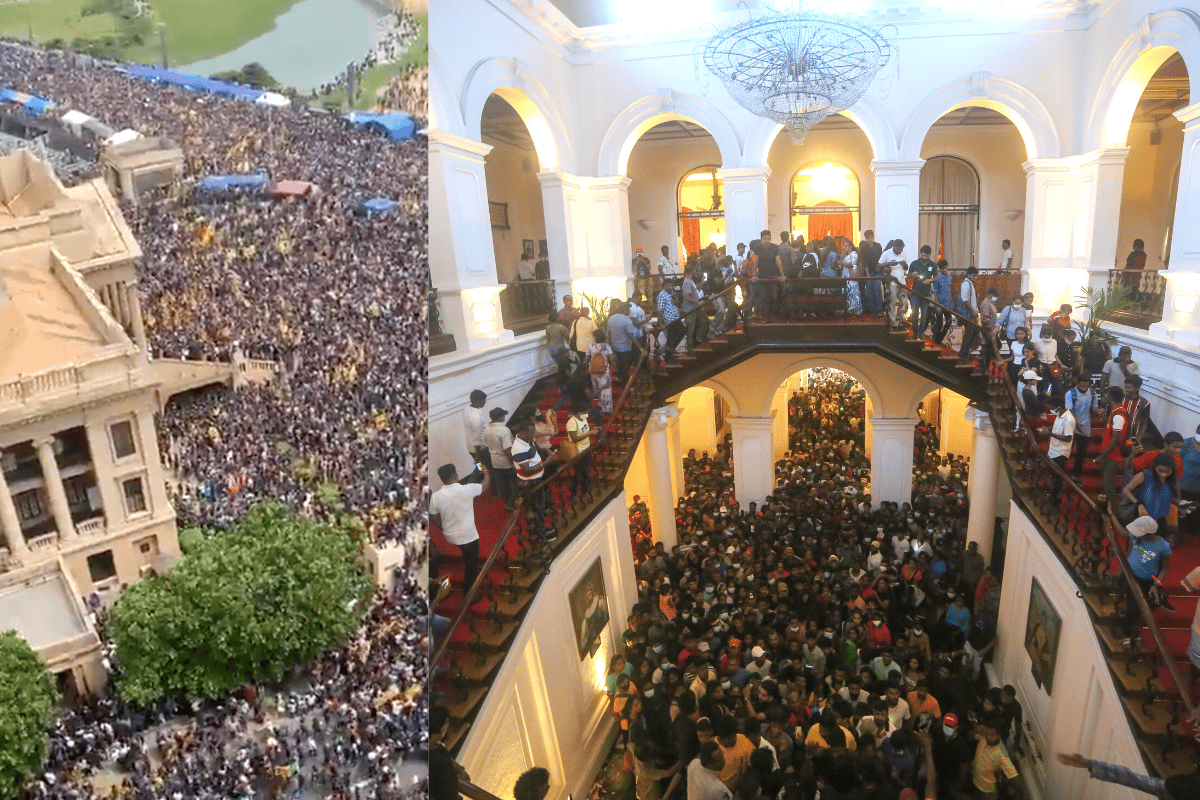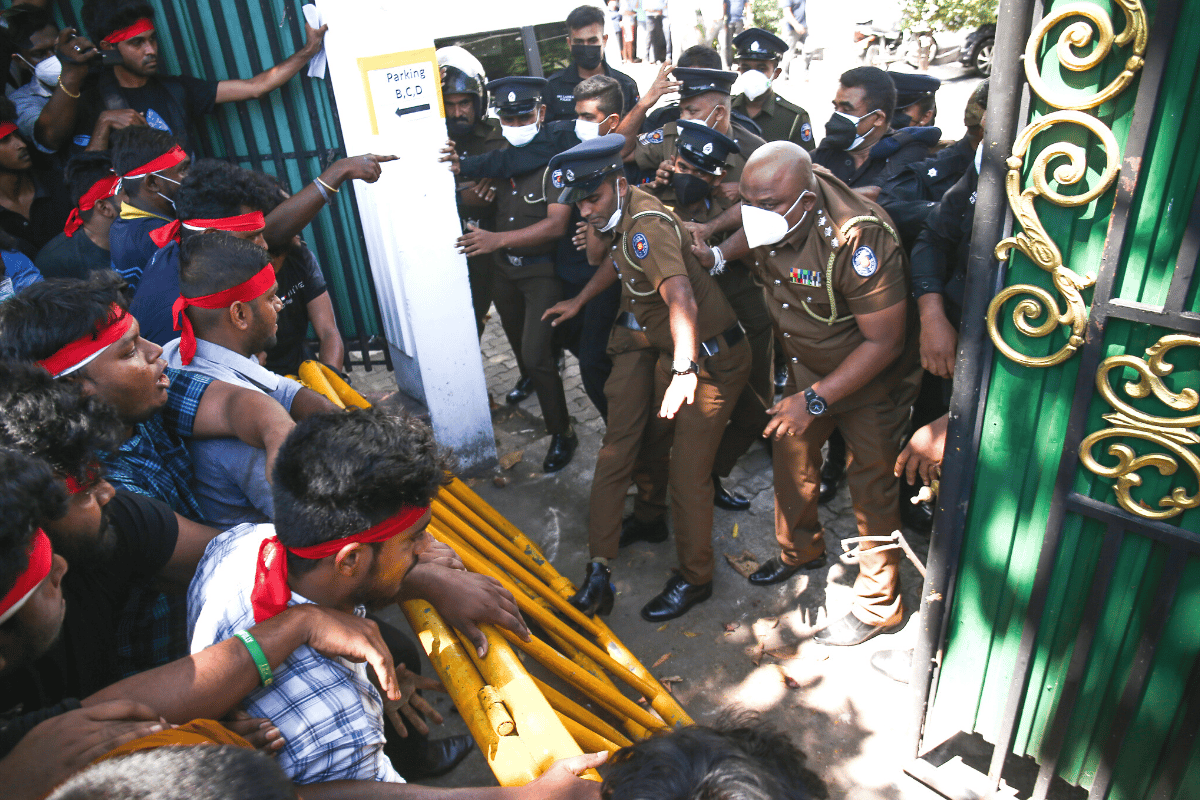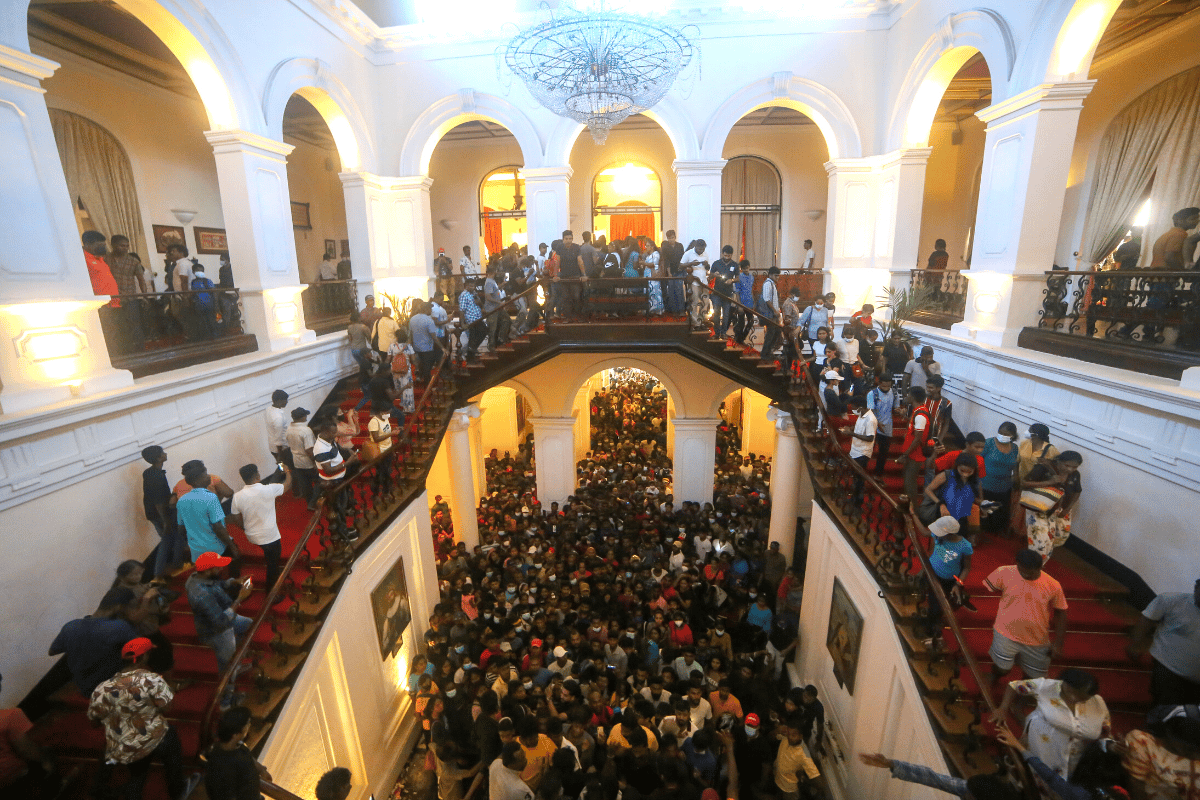
Sri Lanka is facing one of the worst economic crises the world has ever seen.
The stories coming out of Sri Lanka are quite confronting to read, with citizens struggling to access basic care, food and water. So here's a bit of context as to how this all happened.
Last year, Sri Lanka's government made the decision to ban chemical fertiliser across the farming industry, and turn to organic-only production and produce. Although many would see this as a positive step in the right direction - which, in theory, it was - it has played out disastrously.
Sri Lankan president Gotabaya Rajapaksa imposed a nationwide ban on the importation and use of synthetic fertilisers and pesticides and ordering the country's two million farmers to go organic immediately.
Economists say it was this decision to go 'cold turkey' without any transitional period that has caused devastation. Without the knowledge, the capacity, the technology or even the funds to go organic immediately, Sri Lankan farmers were left unable to produce crops or sell whatever crops they had.
Seven months after the decision, the government did end up lifting the ban on chemical fertilisers - but the damage had already been done. And this week, Sri Lanka's president and prime minister have stepped down amid nationwide demonstrations and calls for them to leave their positions of power.
Watch: Protests erupt in Sri Lanka amid the economic crisis. Post continues below.






























































































